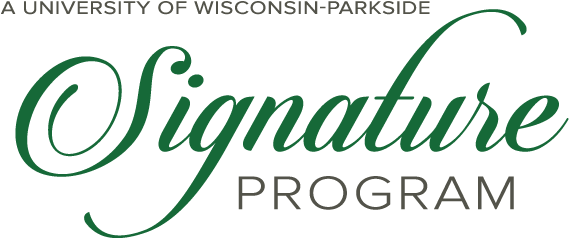Pre Veterinary Medicine Program
The pre veterinary medicine program at Parkside is designed to help you gain the necessary academic and professional requirements that will help you become a competitive candidate for professional veterinary medicine schools. We offer exceptional learning opportunities in a small class setting which helps with your success.
If you are interested in providing health care for animals, from a family dog, livestock, or exotic zoo animals, the pre veterinary program is for you. Become a trained veterinary professional who examines animals in order to diagnose illness, provides preventative maintenance, treats injuries, and performs surgeries.
According to the Bureau of Labor Statistics, the job growth outlook is 19% (2016-2026) and there are several types of in demand veterinary fields such as
Companion animal veterinarians
Food animal veterinarians
Food safety and inspection veterinarians
Follow link for more information about the Center of Health Sciences and other Pre Health programs
87%
ACCEPTANCE RATE
UW-PARKSIDE PRE-VETERINARY ACCEPTANCE RATE 2001-2023
Medical Schools Parkside Students Attended
|
Colorado State
|
Tuskegee University
|
University of Iowa | |
|
Ross University
|
University of Colorado
|
University of Missouri | |
| Royal Academy |
University of Illinois
|
UW-Madison |
Source: Dr. Bryan Lewis, Associate Dean, College of Natural and Health Sciences; Director, Center for Health Sciences and Pre-Health Programs 2001-2023 acceptance rates information, University of Wisconsin-Parkside.
Popular Majors
Students hoping to gain acceptance into professional health programs can pursue a major in any department/discipline throughout the university.
Partners in your future
As a student in the pre-veterinary program you will receive
- Assistance obtaining shadowing and internship experiences with local veterinarians
- Help to ensure that you are choosing the correct career pathway
- Experience required to gain acceptance into veterinary school
Veterinary Medical School Program Pre-Requisites and Electives
Common science and math pre-requisite classes that are required by most veterinary school programs
Anatomy and Physiology | BIOS 105 and 106 | 10 credits or BIOS 300 and BIOS 341 | 7 credits | 1 year
Biology | BIOS 101 and 102 | 8 credits | 1 year
Chemistry | CHEM 101 and 102 | 10 credits | 1 year
Organic Chemistry | CHEM 321, 322, and 323 | 11 credits | 1 year
Physics | PHYS 105 and 106 | 10 credits | 1 year
Biochemistry | BIOS 307 | 3 credits | 1 semester
Physiology | BIOS 341 | 3 credits | 1 semester
Microbiology | BIOS 303 | 4 credits | 1 semester
Other classes you may want to consider taking as electives to help prepare you for veterinary school
Vertebrate Zoology | BIOS 318 | 4 credits
Animal Behavior | BIOS 340 | 4 credits
Developmental Biology | BIOS 317 | 3 credits
Accredited veterinary school programs can be found at the National Veterinary Association website.

PROGRAM CONTACT INFO
Bryan Lewis |(262) 595-2327 | lewisb@uwp.edu



